November 5, 2024, voters across the country will have an opportunity to exercise their rights and make their voices heard by voting. The 2024 election is about more than choosing leaders. It’s about shaping the future state of the United States of America, including rights for every American. Whether it be accessibility, equity, and inclusion or healthcare, education, or public services for all Americans, each vote can determine the policies that will directly impact the lives of those in this nation.
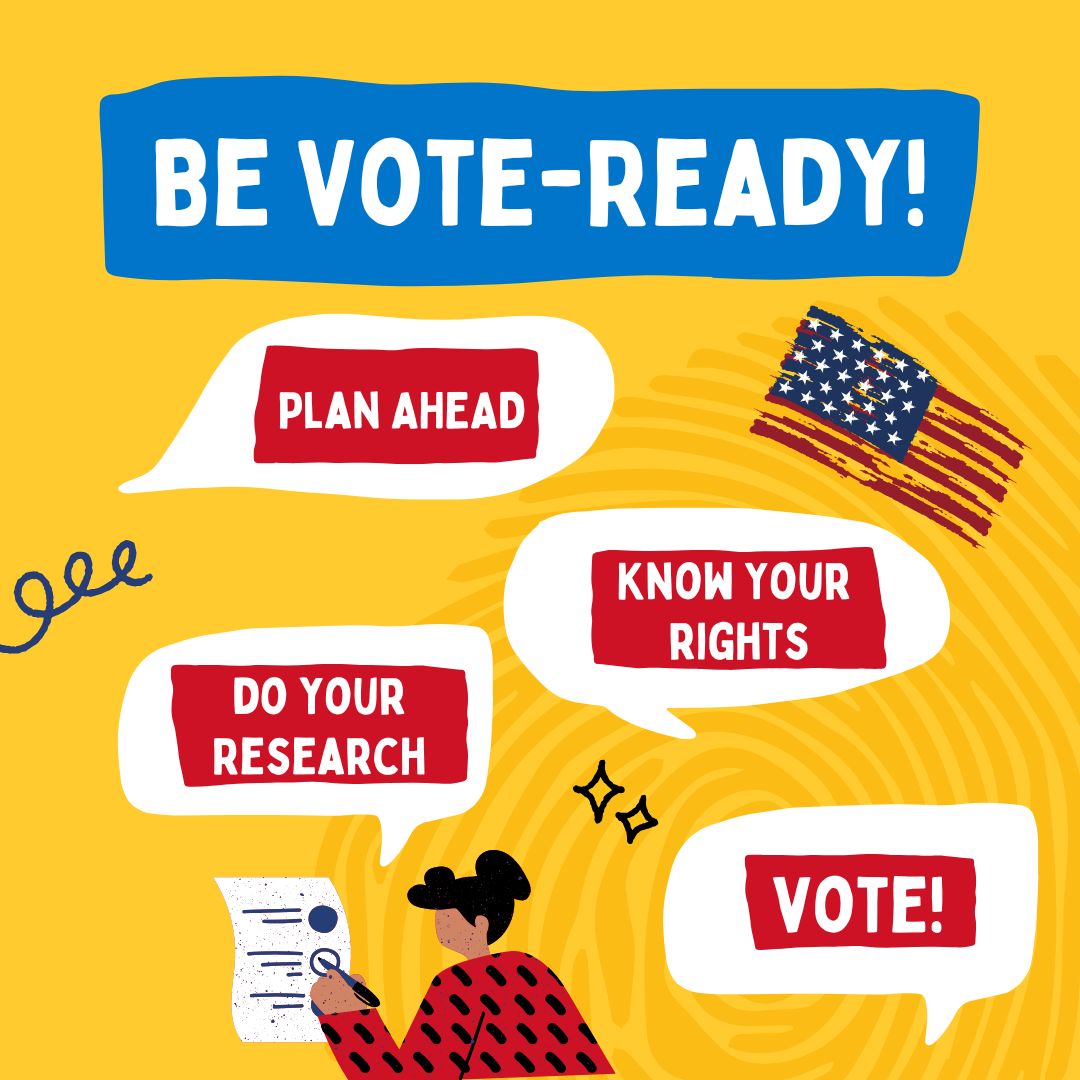 In recent years, Georgia has emerged as a critical key swing state, with tight races in both state and national elections. Even small shifts in voter turnout can make a big difference, indicating that every vote matters.
In recent years, Georgia has emerged as a critical key swing state, with tight races in both state and national elections. Even small shifts in voter turnout can make a big difference, indicating that every vote matters.
For voters with disabilities, this election is a chance to advocate for meaningful changes that strengthen the disability community. In 2020, 61.8% of eligible voters with disabilities cast their ballots, a notable increase from 55.9% in 2016, according to the US Election Assistance Commission. Building on this momentum will ensure an even greater turnout in 2024, so that the needs of the disability community are reflected in future policies.
Below is a list of steps and resources to help you prepare for the polls and ensure your vote is counted.
Plan Your Vote
With so much at stake, it’s important to be ready for Election Day. Follow this checklist:
1. Check your registration status.
Confirm your voter status through Georgia’s My Voter Page on the Georgia Secretary of State’s website. The site also provides information about your polling location and voting options.
2. Election Day is Tuesday, November 5, 2024. If you are unable to get to the polls on Election Day, early voting and absentee voting are great alternatives. Early voting will take place in Georgia from October 15 - November 1, 2024.
3. Check your polling location.
Do you know where your polling place is? Polling locations can change year-by-year. Be sure to check and verify your assigned location through the My Voter Page before Election Day, or use the Georgia Secretary of State’s smartphone app.
4. Secure a valid photo ID. Acceptable forms of identification include the following:
- Georgia driver’s license, even if expired
- Any valid state or federal issued photo ID, including a free voter ID card issued by your County Registrar’s Office or by the Georgia Department of Driver Services (DDS)
- Valid US passport
- Valid employee photo ID from any branch, department, agency or entity of the US government, Georgia or any county, municipality, board, authority or other entity of this state
- Valid US military photo ID
- Valid tribal photo ID
If you don’t have a valid ID, you can get a free Georgia ID card for voting purposes only from the Department of Drivers Services or a free Georgia Identification Card at your County Registrar’s Office.
If you encounter challenges with getting a valid ID, the Georgia Department of Driver Services offers assistance to help you obtain the documents you need to vote.
5. Determine your mode of transportation.
Registered voters have various ways to get to the polls:
- Rideshare Services: Uber and Lyft often offer election-day discounts
- Public transportation: MARTA allows riders with a MARTA Mobility Breeze Card to reserve rides in advance to avoid delays
- Free rides: The Georgia Democrats Voter Protection Line (888-730-5816) has provided free rides to the polls, and the Republican Party of Georgia (404-257-5559) and the League of Women Voters (404-522-4598), and www.powerthedisabilityvotega.info and www.ridetothepolls.com are all alternatives for getting to the polls on election day.
6. Prepare for the unexpected.
Should you face issues at the polling place, such as not appearing on the voter list or not having the right ID, you can still vote by requesting a provisional ballot. You’ll have 48 hours to resolve the issue, and your ballot will be counted once the problem is sorted.
Visit the Elections Division of the Georgia Secretary of State's website or contact the Georgia Advocacy Office at 404-885-1234 for help.
Know Your Rights as a Voter with Disabilities
Under federal law, polling places must be accessible. If you need assistance, whether it’s help reading the ballot or entering the polling booth, you can bring someone with you. This could be a family member, friend, or caregiver.
This support person can be anyone except your employer, a representative of your employer, a representative of your union, or a poll officer or worker who is a resident of your precinct. Individuals providing support must record their name on the elector’s voter certificate.
For voters with disabilities who do not require support by another individual, but require accommodations through assistive technology, several options are available to give voters more privacy and independence:
- For the visually impaired: Headsets and mobile apps can read choices aloud, and magnification tools can help users see the ballot clearly
- For those with limited mobility: Large controls and sip and puff devices provide easier interaction with voting machines
- Touchscreen voting units can be used comfortably while seated in a wheelchair
Voters with disabilities have the option to move to the front of the line for the next available booth without waiting in line.
If you encounter any barriers while voting (or if you face any challenges during the registration process), consider filing an ADA complaint or contacting your state election officials.
The Georgia Advocacy Office can assist with disability-related concerns from now through Election Day. Call and leave a message at (404) 885-1234 or (800) 537-2329, and someone will get back to you within two business days to help you if you are having trouble at the polls.
Do Your Research
After you’ve planned how and when you’ll vote, take time to learn about the candidates and their platforms regarding issues that matter to you. Every candidate’s stance on disability rights and other important issues could directly impact your quality of life.
Resources like Ballotpedia and VoteSmart provide nonpartisan information on candidates and can help you cast a vote that aligns with your values and needs. You can also visit the candidate’s website for more information.
In addition to the federal races, all 56 seats in the Georgia State Senate and all 180 seats in the Georgia House of Representatives are up for election. These local officials often have a more immediate effect on daily life, particularly when it comes to accessibility.
Local leaders, like county sheriffs and judges, make decisions about critical issues, like whether community spaces are designed with accessibility in mind or whether public services adequately serve people with disabilities.
As it relates to disability for example, a candidate committed to improving public transit could ensure that buses, trains, and stations are upgraded with ramps, elevators, and other necessary accommodations for individuals with mobility impairments.
State lawmakers can also advocate for expanding inclusive housing options, employment opportunities for people with disabilities, and broader access to community-based supports.
Access your account on the Georgia My Voter Page to view a sample ballot with your county and municipal information. This sample ballot is a great starting point for researching the candidates on the ballot, learning about referendums, and more.
Get Out and Vote!
The disability vote in Georgia can possibly determine the outcome of the 2024 elections. When people get out and vote, including the disability community, it sends a powerful message: Our voices matter. By making informed choices at the polls, voters can drive the necessary changes that can possibly make a better future, for people with disabilities, that possibly means more inclusiveness. As people prepare for Election Day, they should remember to request any accommodation they might need and become very familiar with their voting rights overall.
Understanding what to do if you encounter issues at the polls, such as requesting a provisional ballot if necessary, can help you navigate the voting process with confidence. If you run into problems on Election Day or have questions beforehand, don’t hesitate to call the Georgia Advocacy Office’s Voter Protection Hotline at (404) 885-1234 or (800) 537-2329.
Your vote is taking part in shaping the future of Georgia, one that embraces diversity and recognizes the needs of all its residents. So, plan ahead, stay informed, and make your vote count!
Resources List
Making Voting Plan:
Georgia Secretary of State: www.sos.ga.gov
Elections Division of GA Secretary of State: https://sos.ga.gov/elections-division-georgia-secretary-states-office
My Voter Page: https://mvp.sos.ga.gov/s/
Georgia Voter ID Requirements: https://sos.ga.gov/page/georgia-voter-identification-requirements
Georgia Department of Driver Services Voter ID: https://dds.georgia.gov/voter
Absentee Ballot Request: https://securemyabsenteeballot.sos.ga.gov/s/
TurboVote: https://turbovote.org/
Researching Your Candidates:
Ballotpedia: https://ballotpedia.org/Main_Page
VoteSmart: http://votesmart.org/
Vice President Kamala Harris: https://kamalaharris.com/
Donald J. Trump: https://www.donaldjtrump.com/
Accessibility Resources:
Georgia Secretary of State: https://sos.ga.gov/page/voting-assistance-people-disabilities
Georgia Advocacy Office: https://thegao.org/
Rev Up Georgia:
facebook.com/RevUpGeorgia
twitter.com/RevUpGeorgia
aapd.com/advocacy/voting
ACLU Georgia: https://www.acluga.org/
Contact State Election Board: https://sos.ga.gov/form/contact-state-election-board
File ADA complaint: https://www.ada.gov/file-a-complaint/
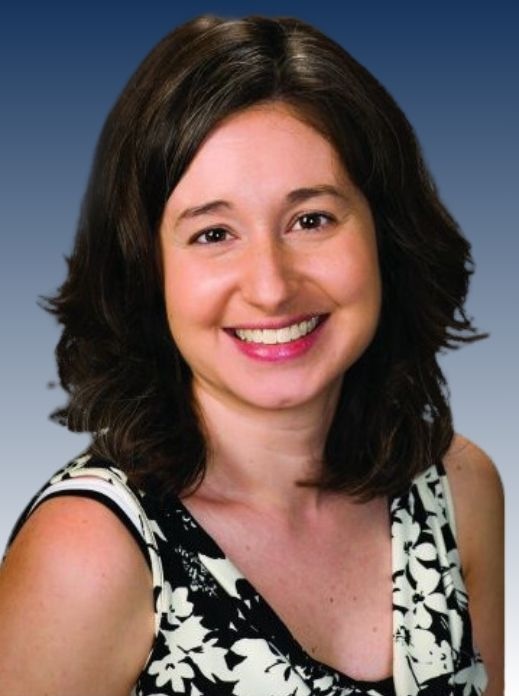 D'Arcy Robb, GCDD Executive Director“Honey, those are sopping wet,” I said as my daughter carried in the Halloween decorations the day before Hurricane Helene. “Go hang them in the laundry room to dry.”
D'Arcy Robb, GCDD Executive Director“Honey, those are sopping wet,” I said as my daughter carried in the Halloween decorations the day before Hurricane Helene. “Go hang them in the laundry room to dry.”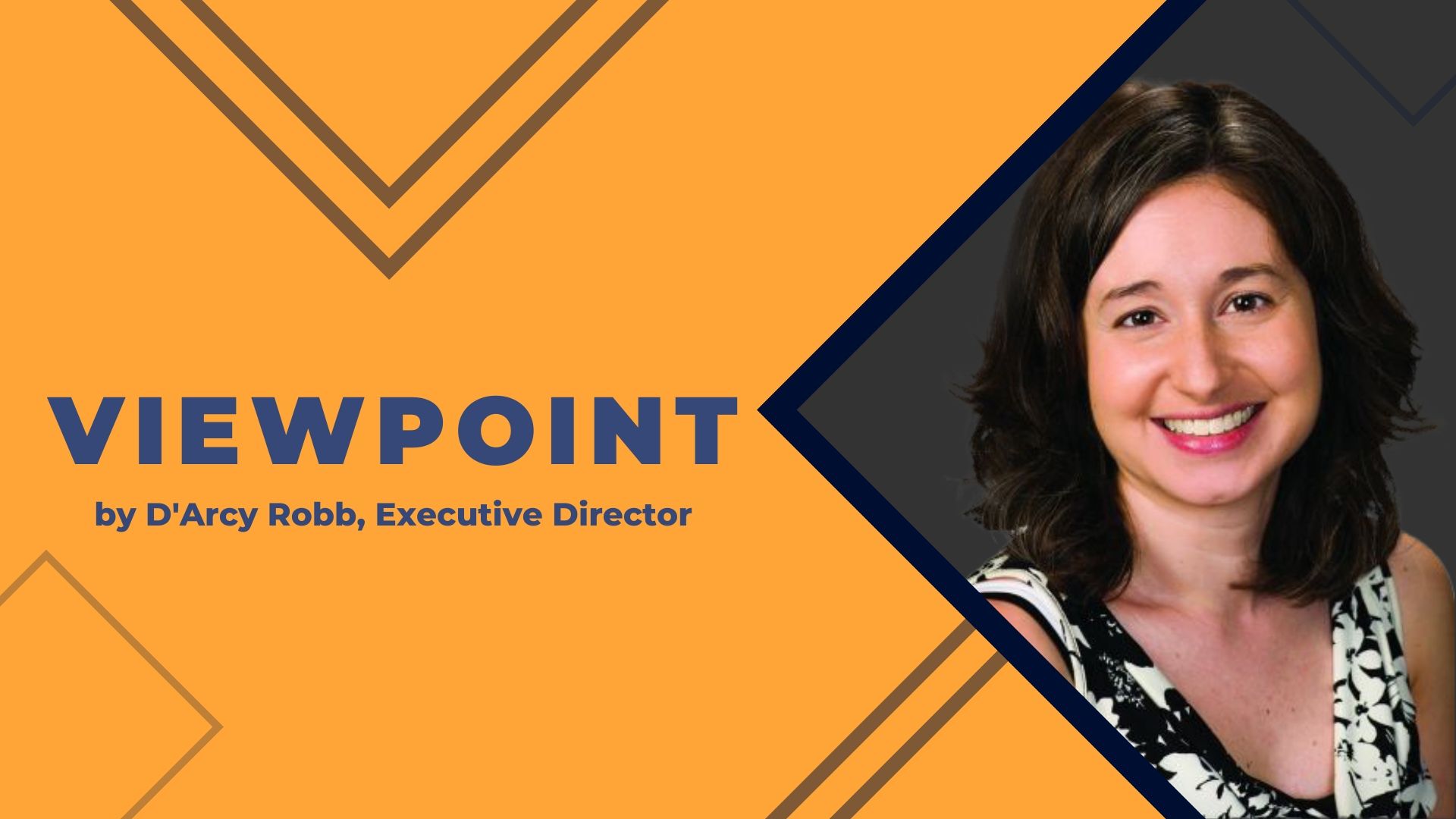
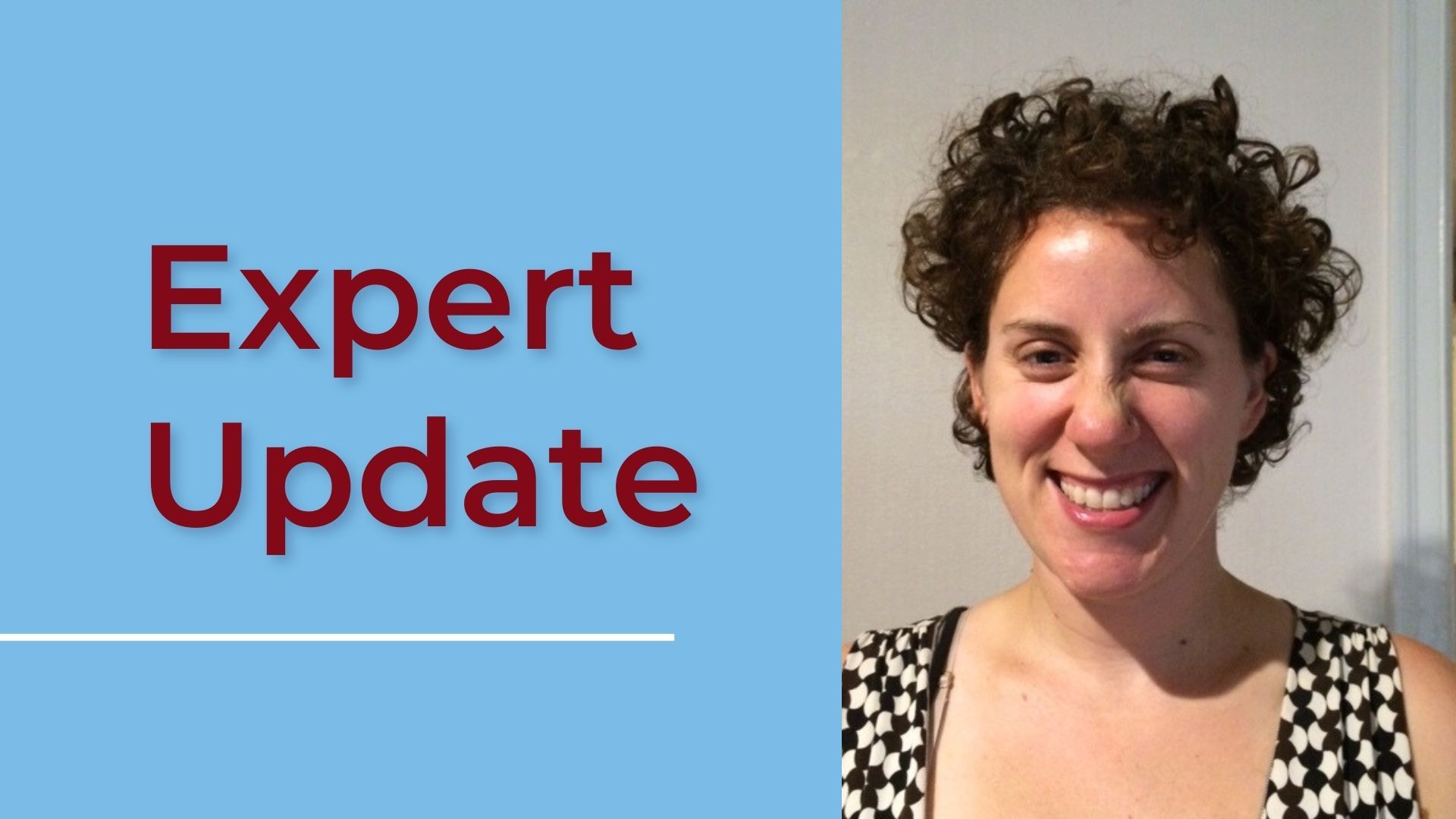
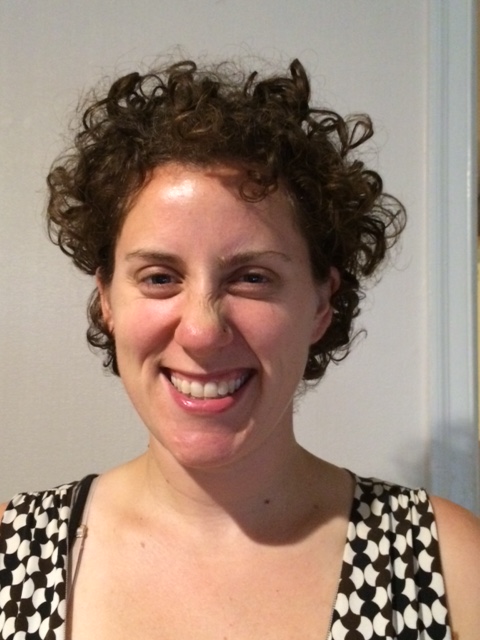
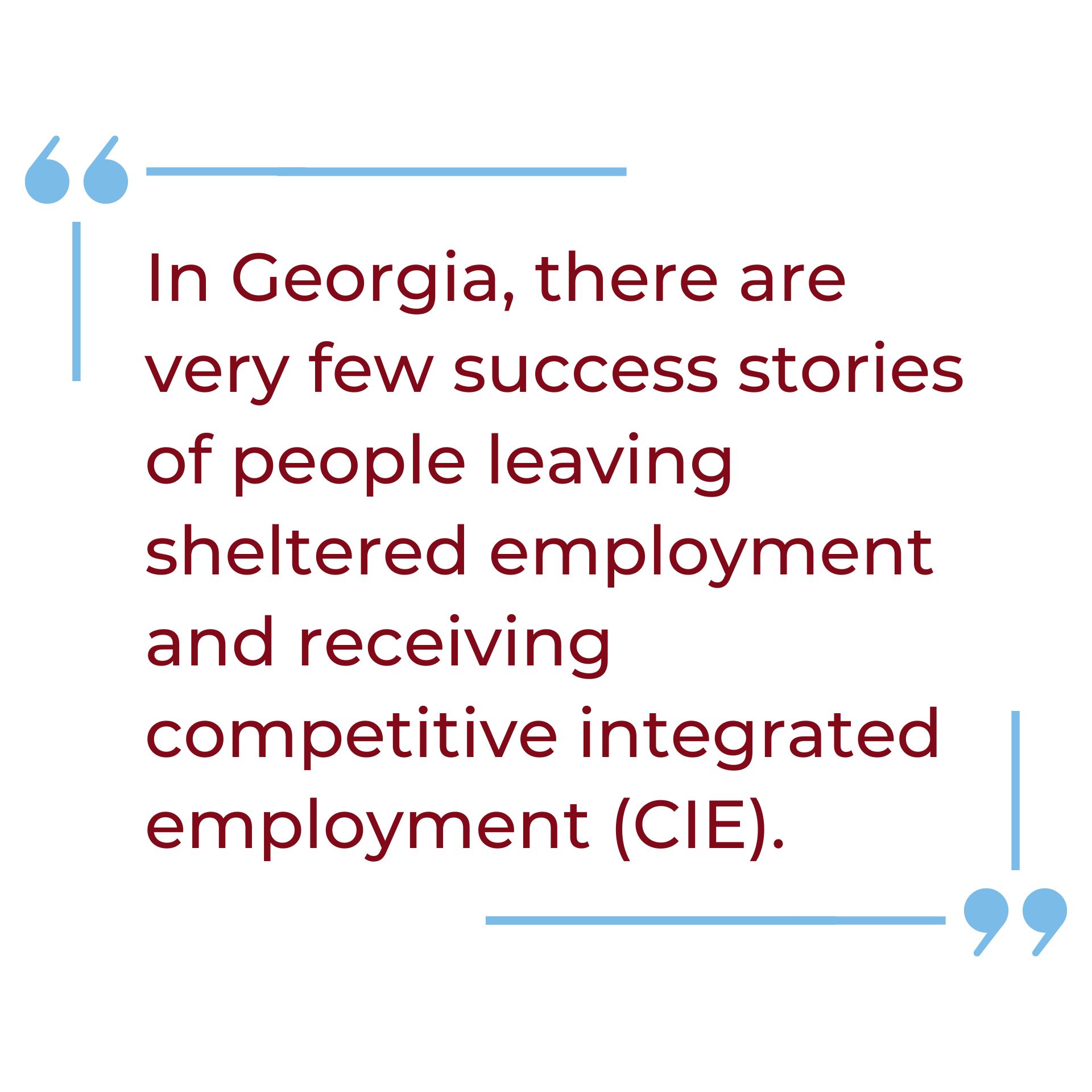
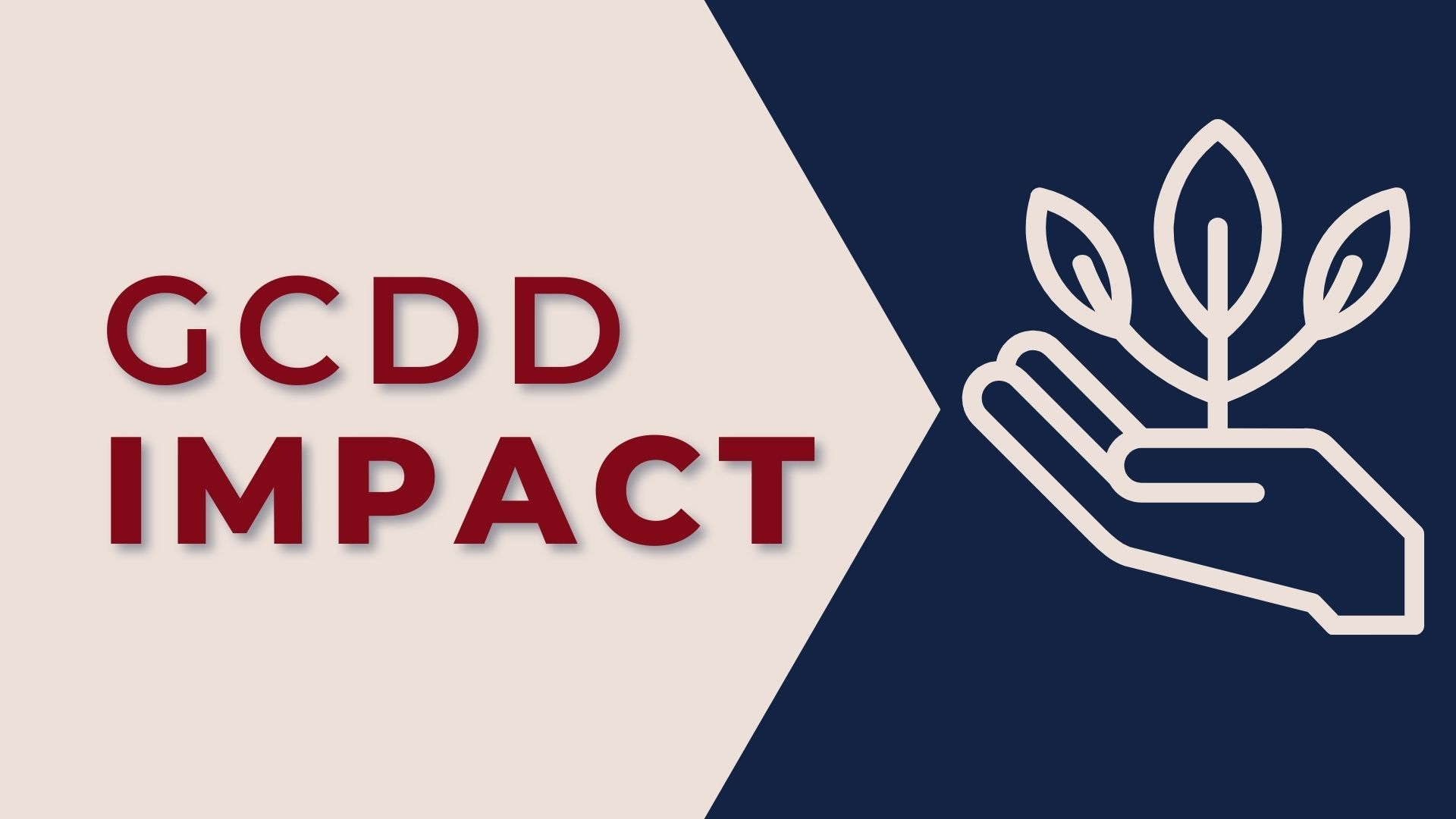
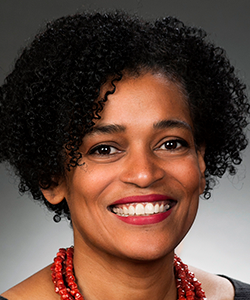
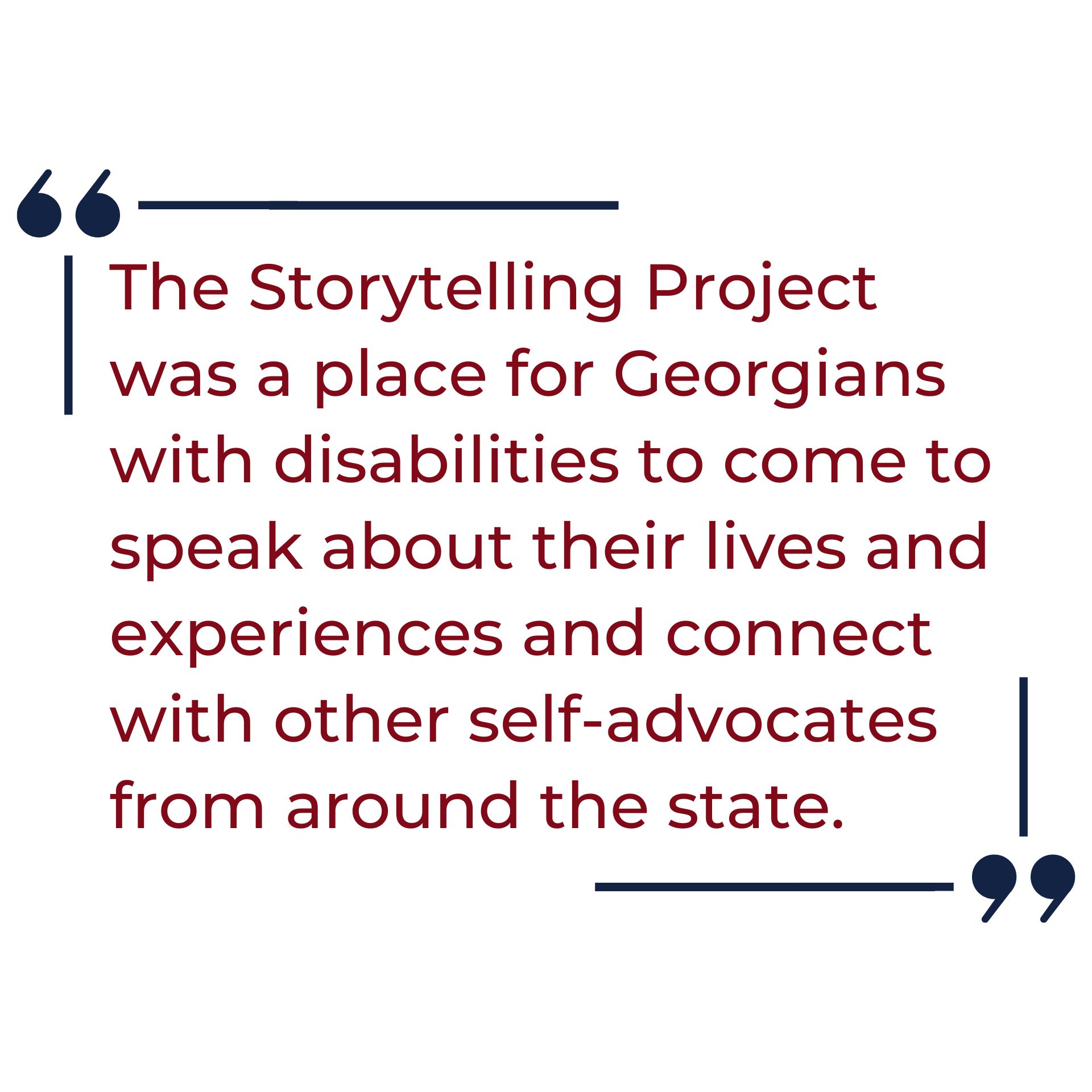
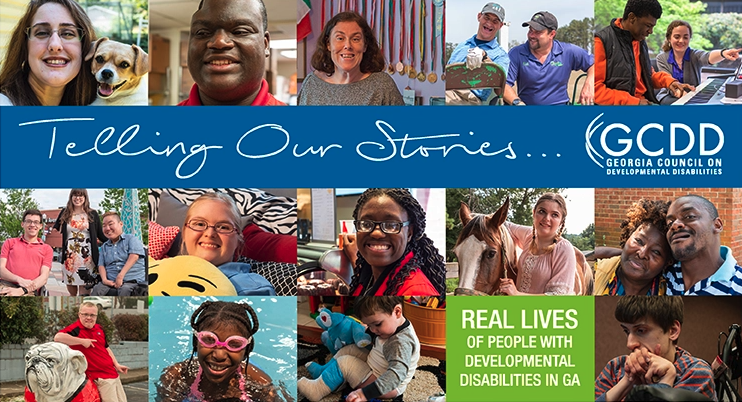
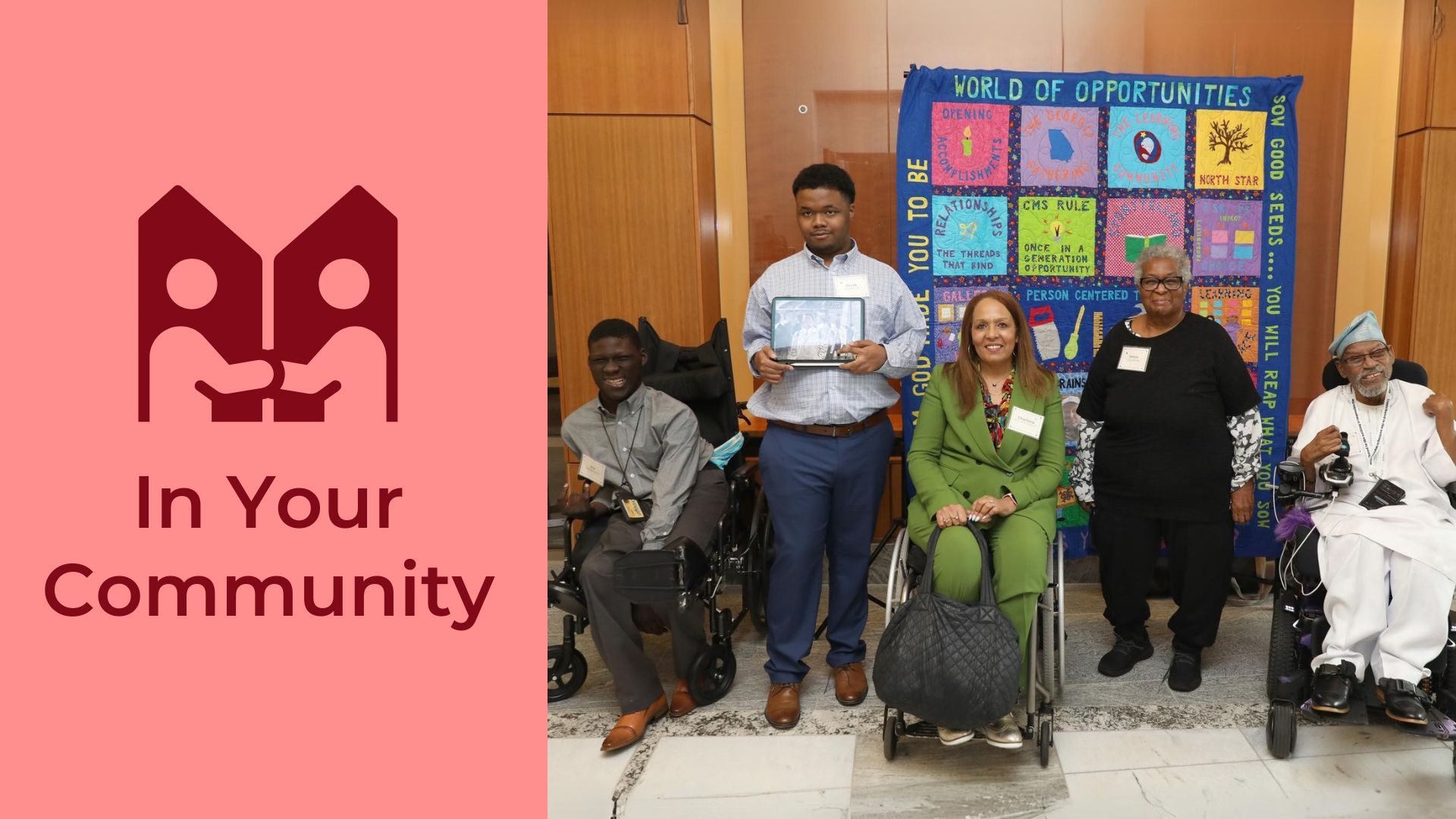
 Keynote speaker Charlotte McClain-Nhlapo, Global Disability Advisor for the World Bank Group, tells her personal story of growing up in exile in South Africa, as her parents’ interracial union was illegal under apartheid.
Keynote speaker Charlotte McClain-Nhlapo, Global Disability Advisor for the World Bank Group, tells her personal story of growing up in exile in South Africa, as her parents’ interracial union was illegal under apartheid. 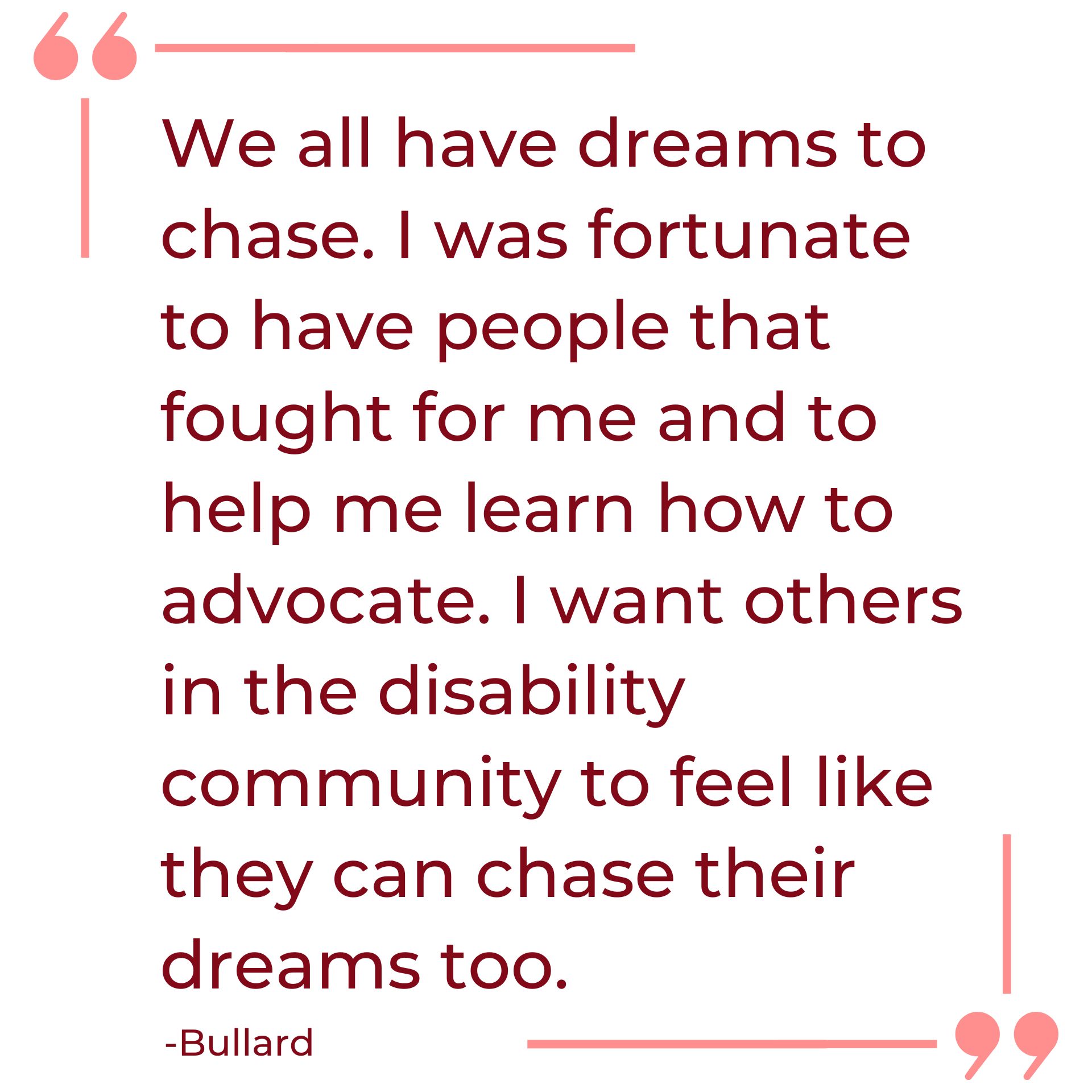
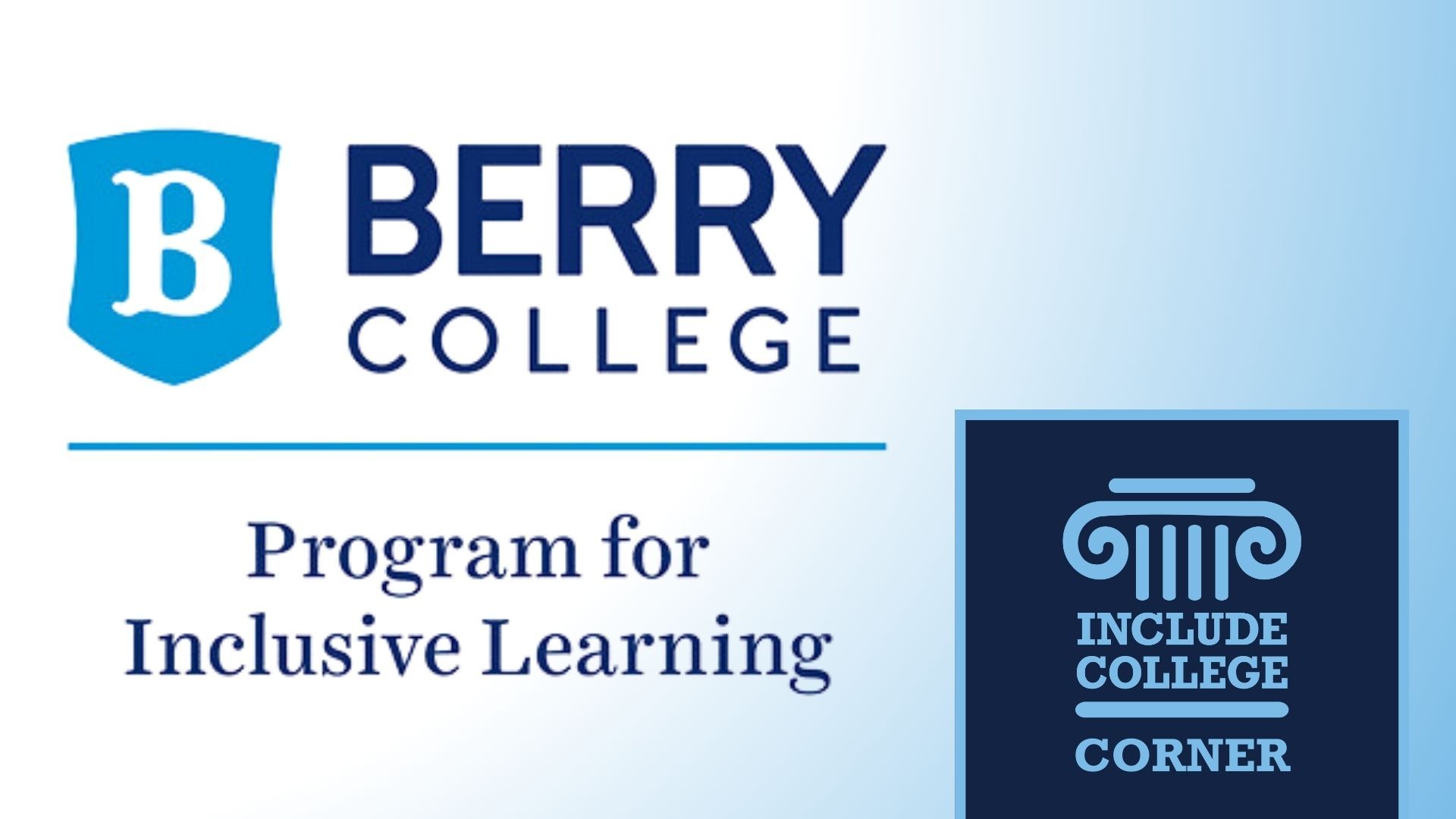
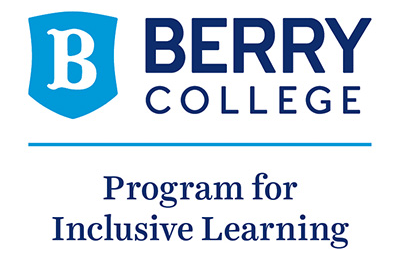 “Can we all agree that supporting students with higher support needs is a worthwhile investment?” Haney, the executive director of Berry College’s new inclusive post secondary education program, certainly thinks so.
“Can we all agree that supporting students with higher support needs is a worthwhile investment?” Haney, the executive director of Berry College’s new inclusive post secondary education program, certainly thinks so.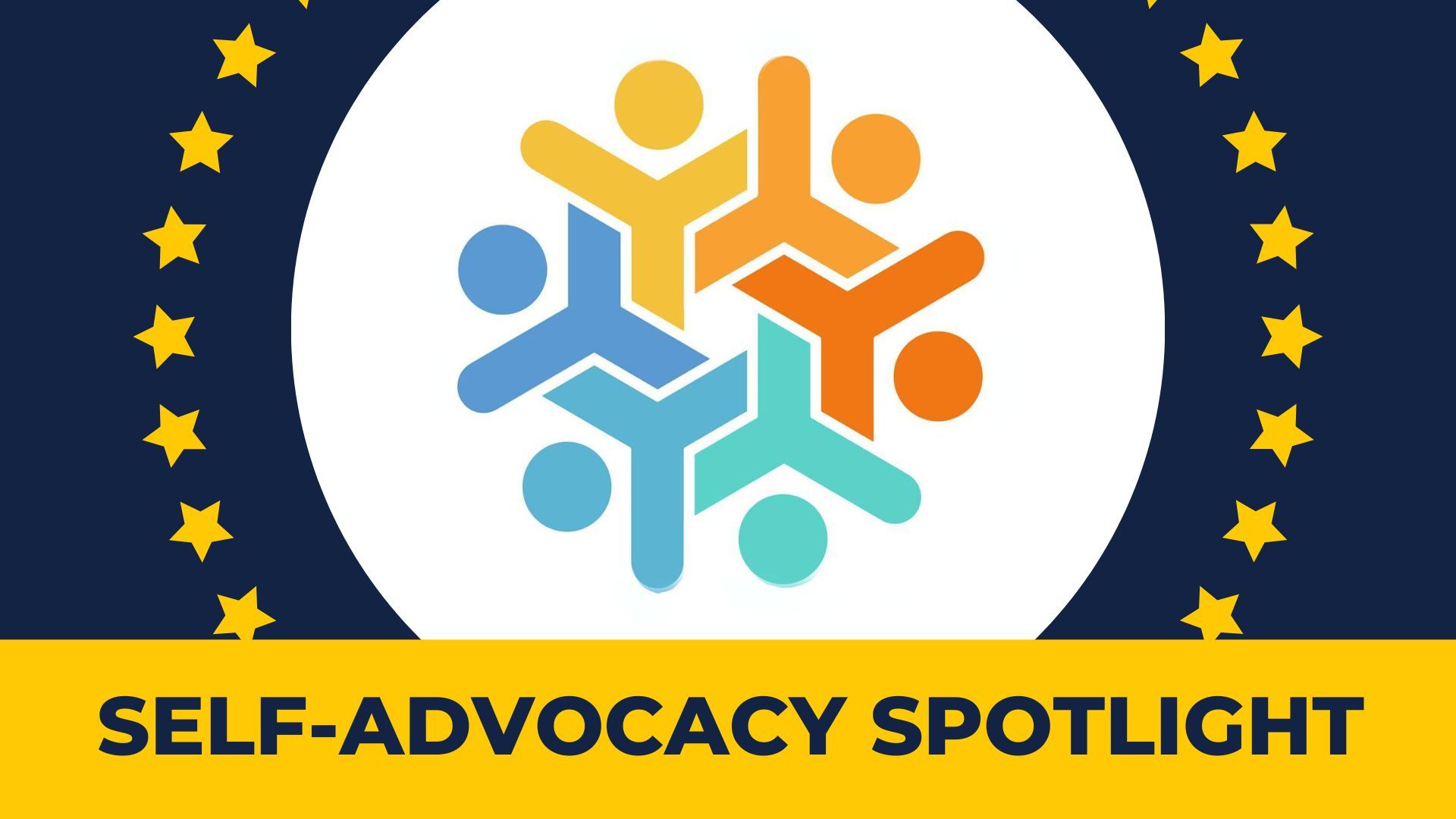
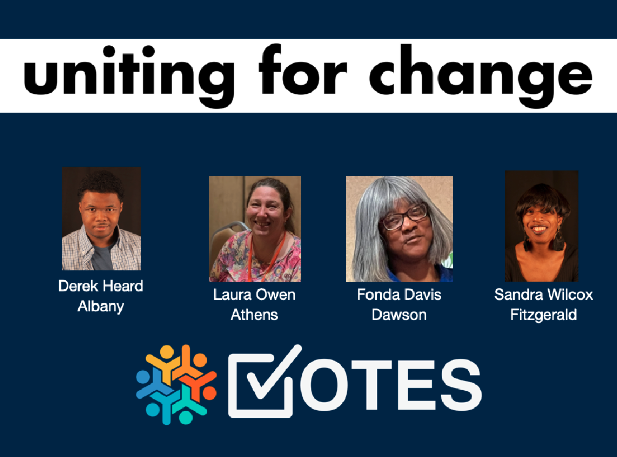
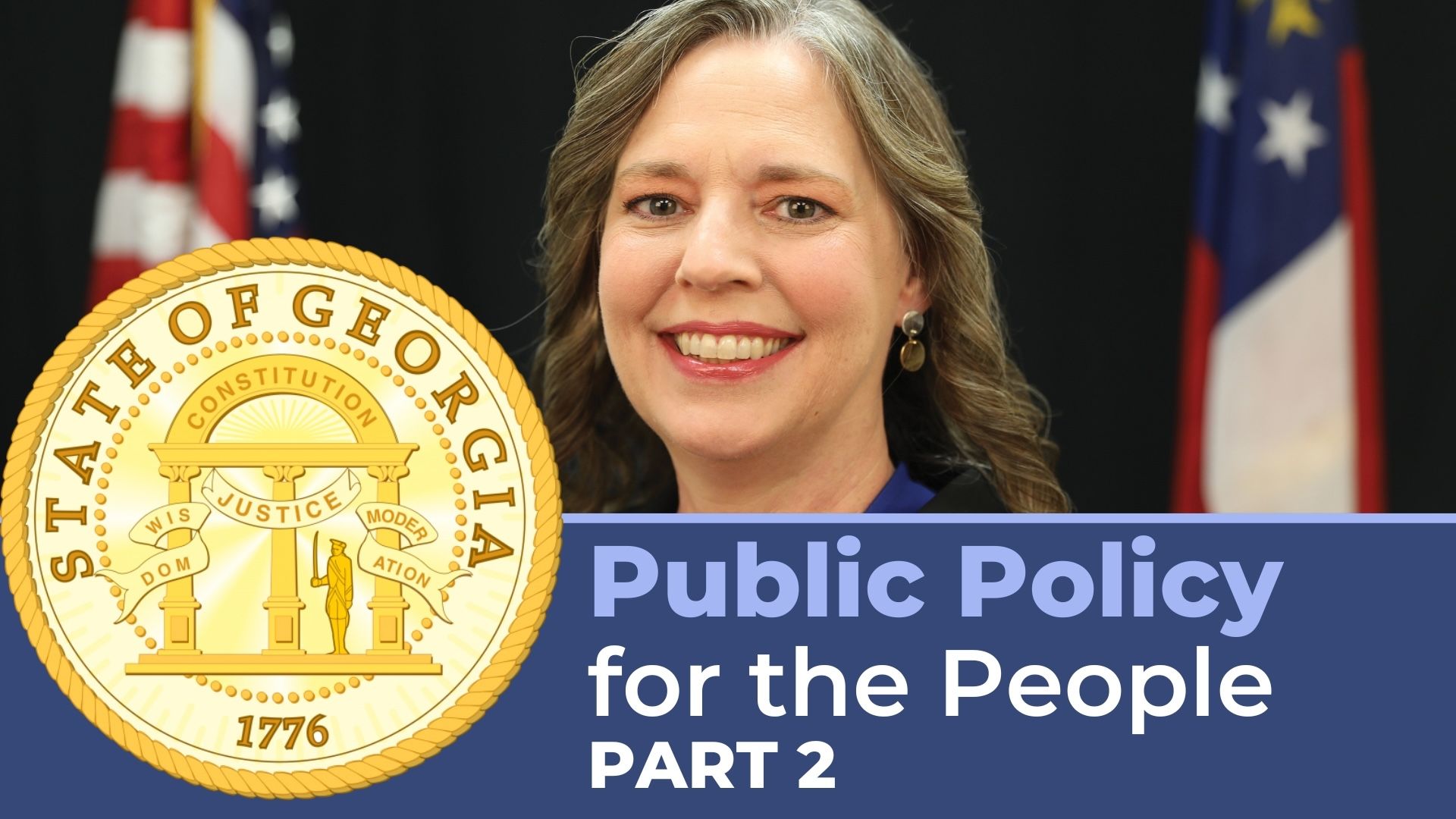
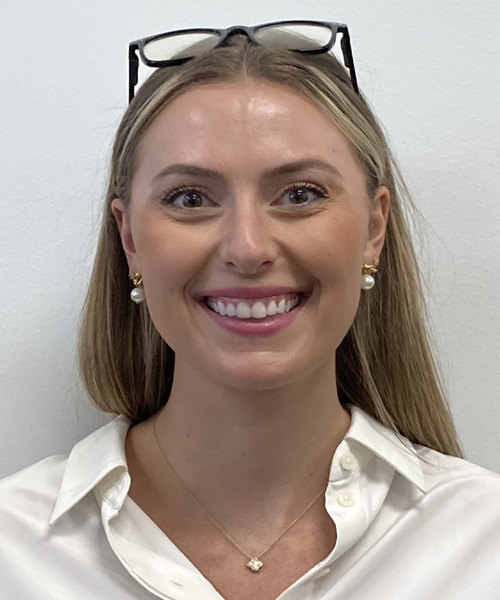
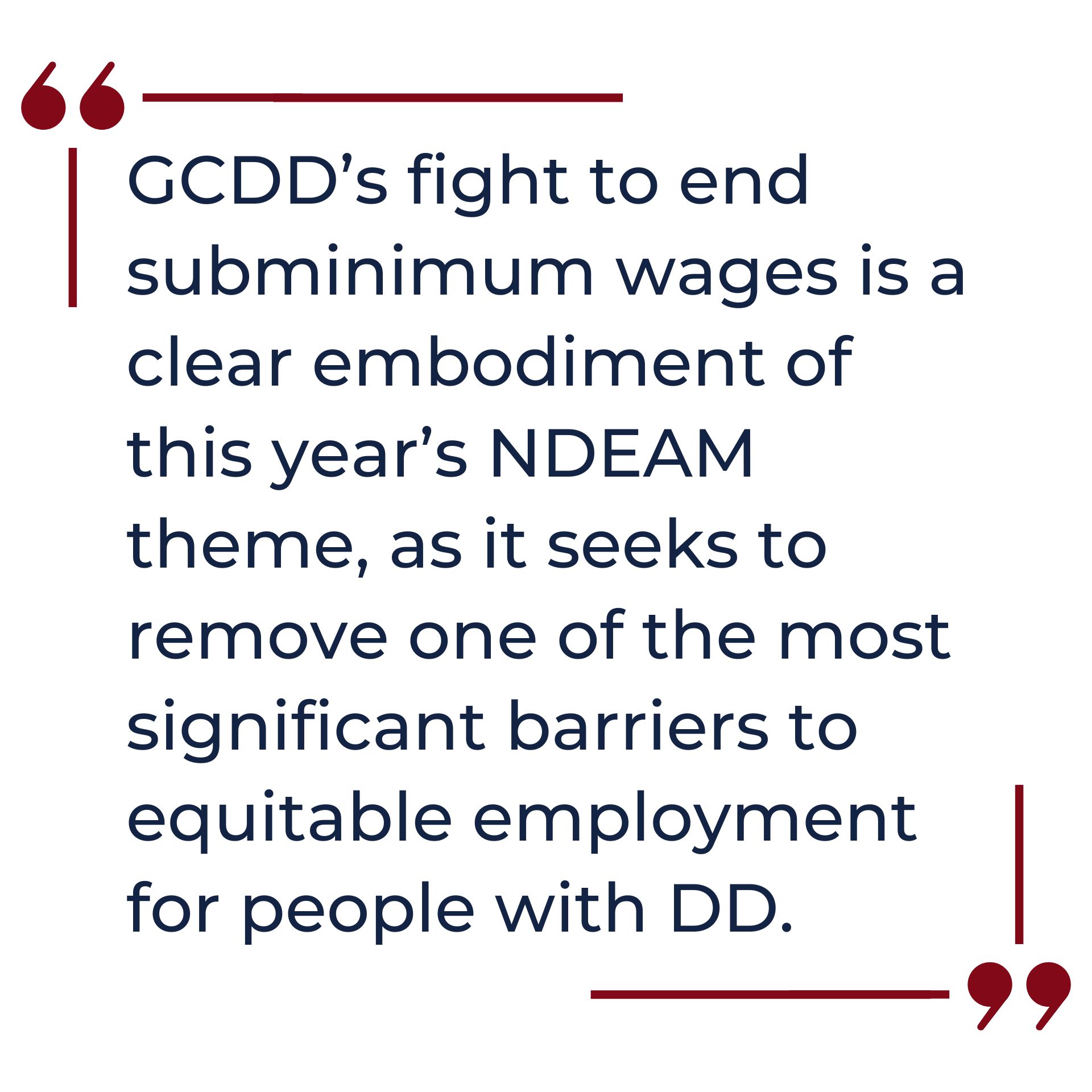
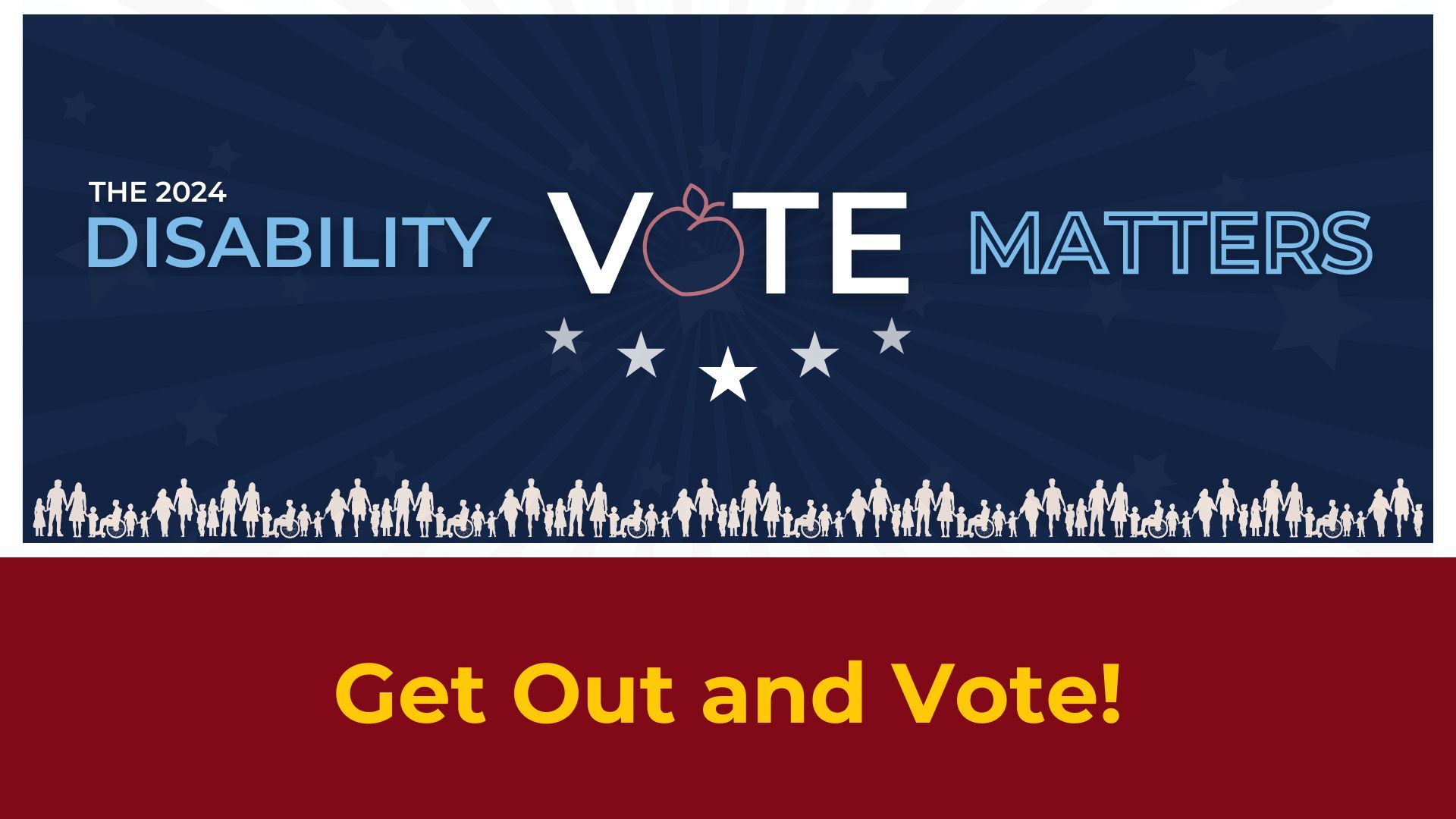
 In recent years, Georgia has emerged as a critical key swing state, with tight races in both state and national elections. Even small shifts in voter turnout can make a big difference, indicating that every vote matters.
In recent years, Georgia has emerged as a critical key swing state, with tight races in both state and national elections. Even small shifts in voter turnout can make a big difference, indicating that every vote matters.